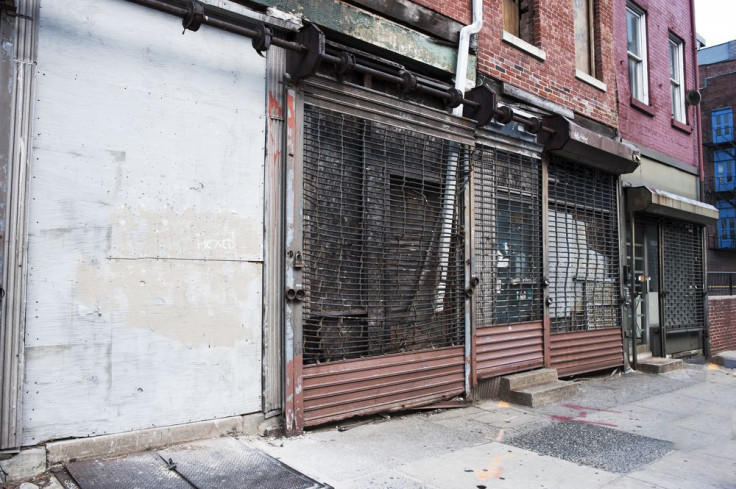People In Poverty At Higher Risk Of Serious Illness Because Of Negative Life Events

If you live in a poor neighborhood, you’re more likely to have terrible things happen to you and your health, according to a new study underscoring the pervasive social and medical issues of low-income areas.
Katherine King, a sociologist at Duke University and co-author of the new study, said that the findings point to a rather simple conclusion. "If you live in a poor Chicago neighborhood, bad things are more likely to happen to you," she explained in a press release.
"Small, everyday stresses have long been linked to poverty,” she added. “But our findings suggest that huge, life-altering traumas, while infrequent, affect the poor to an inordinate degree and lead to a lot of health problems."
The study, which is published in the journal PLoS ONE, built on previous papers investigating the relationship between poverty, illness, and negative life events. King and her colleague Christin Ogle surveyed 3,105 Chicagoans from 343 neighborhoods, examining data on health as well as 15 “life-changing” events. These included being robbed or assaulted, getting divorced, losing a child, and getting into legal trouble.
They found that, compared to those living in areas with average to high income, residents of poorer neighborhoods were significantly more likely to fall victim to one of the events. Low-income Chicagoans also had a much higher risk of serious health issues. "These are major life events, different than every-day stresses," King said. "It's bigger than having your car towed. These are life-changes that could lead to anxiety or depression."
The findings align with those of previous papers exploring the link between income and quality of life. According to the Institute for Research on Poverty at the University of Wisconsin-Madison, health in the U.S. strongly correlates to earnings, with poor people reporting much higher disease incidence and mortality than those better off.
Several complex factors may underpin the observed link between poverty and negative life events, King told reporters. One possible explanation is that, in neighborhoods where the entire population is poor, risks are more concentrated and resources are harder to access. As a result, getting a job or receiving medical treatment is a constant struggle.
Source: King K, Ogle C. Negative Life Events Vary By Neighborhood and Confound the Relationship Between Neighborhood Context and Psychological Well-Being. PLoS ONE. 2014.



























